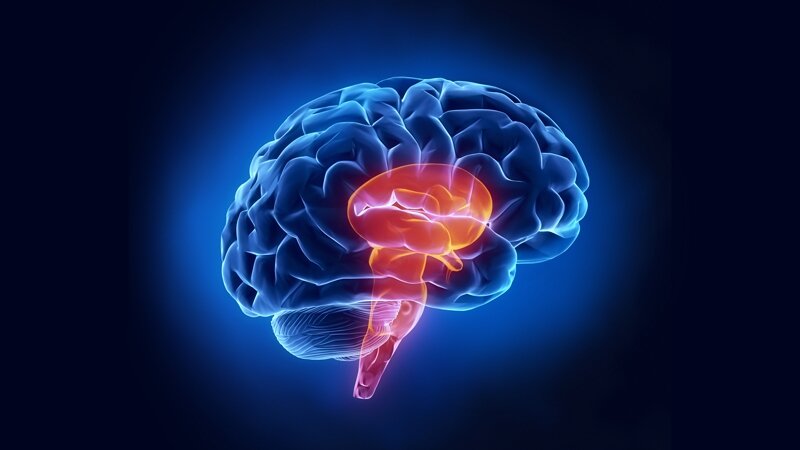
With CVT at its heart, ProCVT will expand remote monitoring capability
in health & wellbeing
Research Partner Opportunities
The Origins of CVT
The CVT algorithm was developed in the early 1990’s in Harare, then integrated into the Neuroscope at the University of Glasgow by Dr Peter Julu and his team. The Neuroscope has had hundreds of papers published worldwide and is the only technology authorised to make clinical diagnosis via the brain stem. It is currently being used around the world, including in pharmacological research by both Pfizer and GSK. Both continue to rely on the Neuroscope’s measurement of the Autonomic Nervous System in Phase I and Phase 2 drug development . It is actively being used in NHS Addenbrookes Hospital, Salford Royal NHS Foundation Trust, Kings College Hospital, The Royal London Hospital (and others) for clinical diagnosis in Neurology, Cardiology, Diabetology, Psychology, Hypertension, Neurogastroenterology and Neurodevelopmental Disorders.
ProCVT Research Potential
ProCVT is the commercialisation of the CVT measure, making it widely available outside the clinical environment for the first time. The ease with which the data is captured makes ProCVT a highly scalable research tool both for CVT and other vital sign related studies. Over time our data sets will get larger and the application of AI and machine learning has the potential to increase screening and monitoring capability even further.
If you think ProCVT can help you with your research, please contact us to discuss.
Active Areas of Research
Sleep Quality
An initial pilot study by Dr Peter Julu (Consultant Autonomic Neurophysiologist - Queen Mary’s Hospital), Dr Shane Delamont (Consultant Neurologist and Honorary Lecturer at King’s College) and Dr Guy Leschziner (world renowned expert on sleep and head of the Sleep Disorders Clinic Guy’s & St Thomas’ Hospital) has proved ProCVT’s ability to measure arousal suppression during sleep:
“The current results from the New Zealand study strongly suggests that CVT can be used to indicate the strengths of arousal inhibition during sleep. The strength of arousal inhibition is turned up probably to its maximum possible level when the body requires rest and it is gradually reduced to its lowest level during deep sleep. This process is repeated whenever arousal rises to a level that is not compatible with deep sleep either during the ongoing sleep or whenever the body still requires rest.” Dr Peter Julu.
This research has demonstrated CVT’s unique capability to objectively measure brainstem activity, opening up the potential to make clinical level measurements of a person’s sleep effortlessly and over time. The accuracy of ProCVT significantly exceeds that of existing wrist based wearables, showing a 98% correlation with slow wave sleep patterns captured from a brain wave monitor (EEG). For the first time there will be a high correlation between a sleep tracker user's sleep experience and the actual output of the tracker.
Some 49% of American adults are concerned about developing a degenerative brain disease such as Alzhiemers, and 48% of the same population are aware that the most effective prevention strategy is improved sleep quality. In reality the major component of sleep architecture which prevents the development of degenerative brain disease is deep sleep. ProCVT’s is capable of measuring the duration of deep sleep with an accuracy that until now has been limited to brainwave monitors that need to worn. This combination unlocks the possibility of tracking the effect of standard interventions, which ones work and to what degree. It would be beneficial to gamify a user’s results, encouraging them when they do well and warning them when things are going in the wrong direction.
Diabetes Management
Studies have already been published that have shown CVT is an effective screening tool for Cardiovascular Autonomic Neuropathy, which is a widespread (62% of type 2 diabetics), poorly detected and potentially fatal condition associated with diabetes. As a result the International Autonomic Group (IAG) has recently been set up comprising the Aalborg University Hospital in Denmark, Queen Mary’s University Hospital in London and ProBiometrics. The first research program being carried out by the IAG culminates in an international multicenter intervention study that will leverage ProCVT to measure overnight glucose spikes that will ultimately lead to the accurate titration of the latest diabetes medication, improving effectiveness of such treatments whilst significantly reducing costs.
Anaesthesiology
A leading professor of anaesthesiology has identified a potential benefit of ProCVT’s monitoring of ECG and respiration rate in operating theatres, due to absence of wires/leads, the reduction in set-up time and inconvenience when moving patients, and the reduction in post operative vital signs monitoring time.
It has also been shown that a real time monitoring of CVT will allows surgeons to actually see what hurts the patient, reducing complications and improving postoperative recovery.
Trial proposal has been submitted to PBM and is being reviewed.



